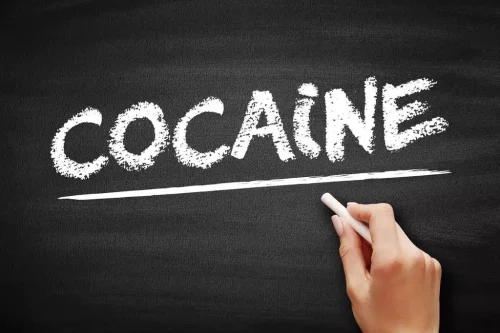
Nutritional deficiencies can also cause withdrawal-like symptoms such as fatigue, depression, irritability, and other mental symptoms that block recovery and lead to a relapse. Studies show that drugs physically change the structure and functioning of the brain, and these documented brain changes lead to cravings (96). Opiates can be acquired illegally as well as by prescription, and they are easy to abuse because in addition to relieving pain, they create a feeling of euphoria in the brain.
Nutritional Guidelines and Diet for Addiction Recovery
And there’s evidence that it helps reduce addiction to drugs (1). Historically, most drug treatment programs have included counseling and 12-step approaches like Alcoholics Anonymous (AA). Vitamins for addiction withdrawal can help you on your road to recovery, vitamins for recovering alcoholics as well as improve your health. When this occurs the brain produces fewer neurotransmitters in an attempt to create balance. This results in a perceived need for more drugs to create a pleasant feeling that comes from a neurotransmitter flood.
Co-occurring Disorders and Vitamin Deficiency
A person with substance use is more likely to relapse when they have poor eating habits. Drug and alcohol addiction causes a person to forget what it is like to be hungry, and instead think of this feeling as a drug craving. The person should be encouraged to think that they may be hungry when cravings become strong. Zinc is an effective mood stabilizer that acts on GABA in the brain.

Drugs & Supplements
When choosing a supplement, look for one that has both EPA and DHA. However, do not consume more than 3 grams of fish oil per day, as too much can cause blood thinning. A study testing whether wild ginseng helps with anxiety and depression-like behaviors in animals going through morphine withdrawal suggested that it might help. And high doses of vitamin C have been shown to increase endorphin levels, decrease opioid use, and reduce the withdrawal syndrome of heroin addicts (58).
Find a Nutrition and Addiction Rehab Center
Co-occurring disorders, such as depression and anxiety, are common in people with a substance use disorder. Feeling unwell because of poor nutrition only exacerbates these disorders. Men, women, and children can obtain all the essential vitamins they need by maintaining a nutrient-rich, balanced diet. Yet, many individuals find it hard to meet their nutrition goals due to fussy eating habits, allergies, outlying health conditions, or suffering from natural vitamin deficiencies.


For those who do seek treatment, the path to recovery can be a lifelong process, as some mental health conditions, such as bipolar disorder and schizophrenia, lack a definitive cure. Drug and alcohol addictions are chronic diseases characterized by relapsing, impulsive substance seeking, and abuse patterns. Individuals of all ages, genders, and backgrounds can suffer from various addictions. Some individuals suffer for only short amounts of time, receiving vital help in rehab programs early on to aid them in working past their condition.

Music Addiction: The Psychological Impact of Excessive Listening

This is true even if the ingredients are “natural.” They could make you sick or interact with medicines you’re taking. There’s some evidence that vitamin C can help with pain as well as OUD and opioid withdrawal. It might seem unbelievable but there is research demonstrating vitamin C’s usefulness in overcoming addiction and reducing withdrawal https://ecosoberhouse.com/ symptoms. In animals, zinc reduces the intensity of morphine dependence, and zinc chelators worsen withdrawal symptoms (76, 77, 78). Zinc is an essential mineral for mental health, especially if you struggle with chronic anxiety. Magnesium is a vital mineral that participates in more than 300 biochemical reactions in the body.
- Alcohol interferes with the body’s ability to absorb calcium.
- As I’ve discussed before, theanine can protect your brain from alcohol, increase your brain’s growth hormone, and lower your stress hormones.
- Researchers have also studied the relapse rates of cocaine addicts discharged after a period of detoxification.
